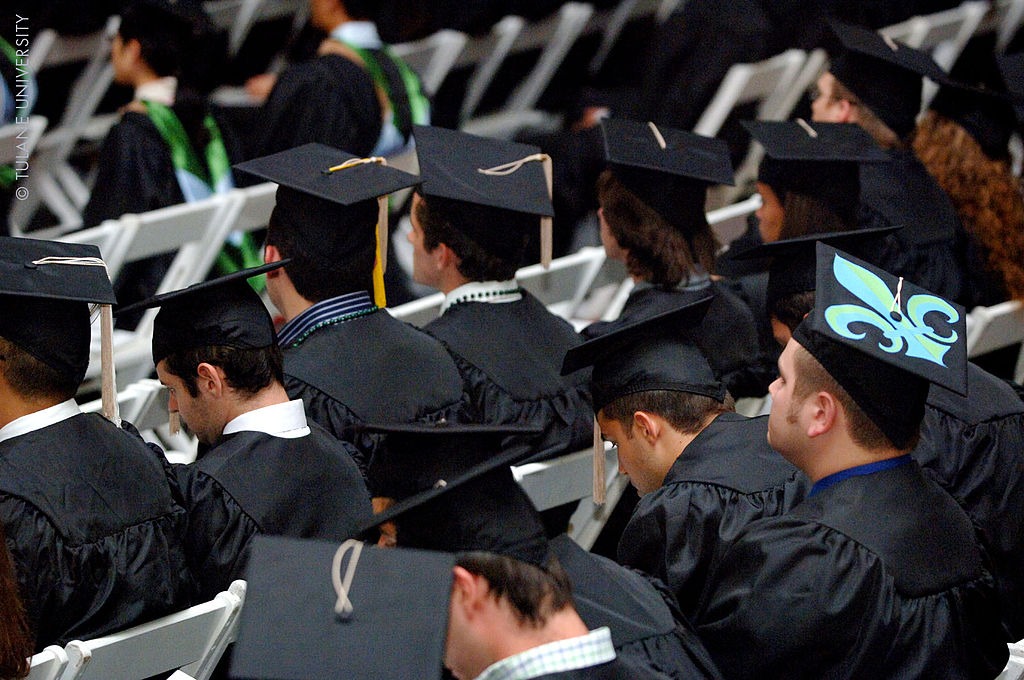International student admissions to be reviewed after foundation year controversy
Britain’s university admissions process will be reviewed following concerns about the recruitment of international students with low grades.
Universities UK (UUK), which represents 142 of the country’s higher education institutions, said it would review the recruitment system to ensure it is “fair, transparent and robust”.
It follows accusations that universities have accepted international students who did not meet the minimum entry requirements because they pay higher tuition fees.
The controversy was inflamed by a Financial Times report on January 11 that the University of York had lowered entry requirements for overseas students of all levels as a “flexible approach” in response to the “current financial challenges”.
An investigation by The Sunday Times later that month declared that international students with low grades were using a “back-door route” to study international foundation programmes at Russell Group universities.
the University of Warwick … was alleged as admitting international students with A-level grades of BBB to the foundation programme for an Economics degree, against a standard offer of A*A*A
The universities it listed include the University of Warwick, which was alleged as admitting international students with A-level grades of BBB to the foundation programme for an Economics degree, against a standard offer of A*A*A.
Universities have said that media coverage misrepresented their application process.
In a statement, the Russell Group argued that media reports “incorrectly conflated” the foundation year programmes with degree programmes.
They said that foundation year programmes, available for both international and home students, are designed to support students from underrepresented groups. It has a different admissions process and entry requirements from regular degree programmes.
UUK said its review would examine the “quality and comparability” of foundation programmes, the use of agents by universities to help recruit foreign students, and expectations for university processes.
In a statement, it stressed: “Where there is practice that falls below the standards expected of our universities and their representatives, we will take action.”
Government is rightly focused on strong economic growth, and damaging our competitiveness as a study destination would be an act of economic self-harm
Vivienne Stern, UUK Chief Executive
The number of international students in British universities has risen in recent years.
Universities can get more money from these students, as they pay up to £38,000 per year for undergraduate courses, and £30,000 per year for postgraduate courses.
In comparison, tuition fees for domestic students are capped at £9,250, which is argued by universities as not keeping up with inflation.
Recent changes in immigration policy, however, have prompted a British Council report to predict “short-term pain” for international recruitment in 2024.
Vivienne Stern, Chief Executive of UUK, said: “International students are hugely beneficial both for UK universities and their wider communities, with a single intake bringing in over £40 billion to the UK economy in one year.
“Government is rightly focused on strong economic growth, and damaging our competitiveness as a study destination would be an act of economic self-harm.”

Comments